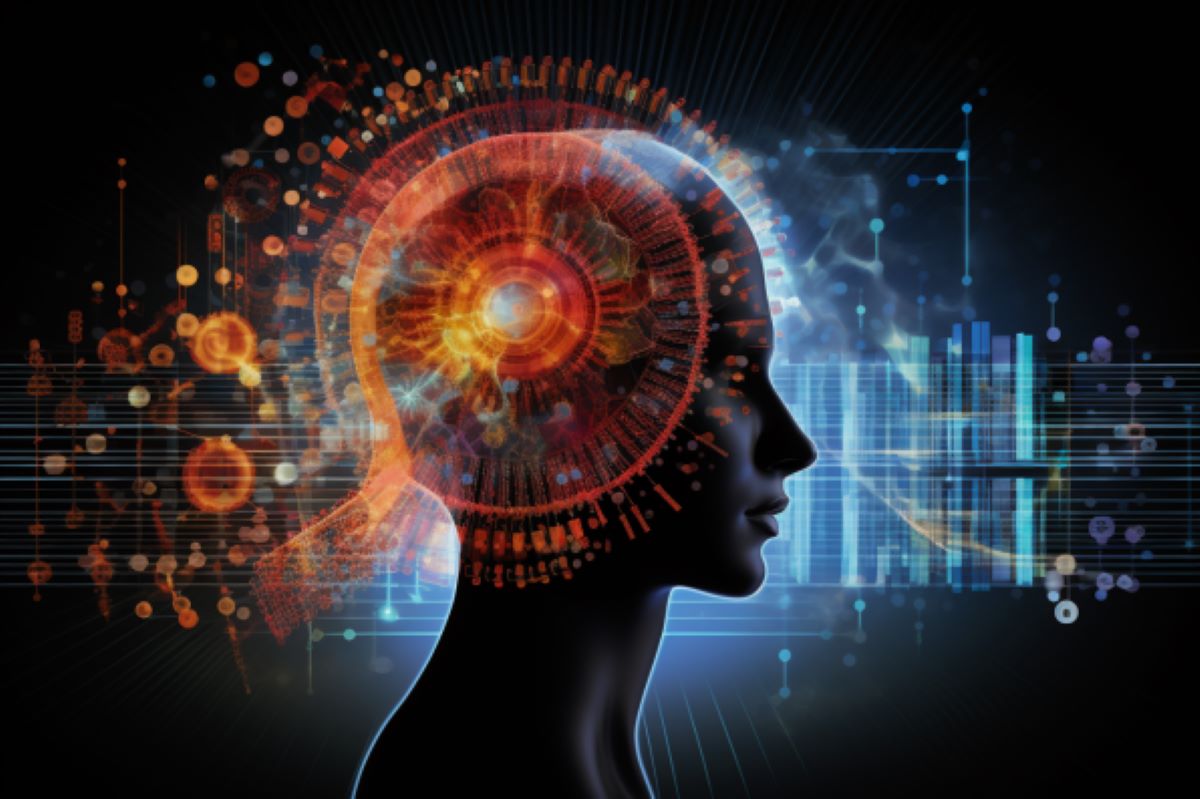Summary: Researchers have unraveled brain signals linked to variations in memory performance. In the largest functional imaging study on memory involving 1,500 participants, they noted differences in brain activity during the memorization of 72 images.
Brain regions, particularly the hippocampus, exhibited a direct association between their activity and memory performance.
Key Facts:
- The study, led by Professors Dominique de Quervain and Andreas Papassotiropoulos, is the world’s most extensive functional imaging research on memory.
- Brain activity in regions like the hippocampus was directly linked to memory performance, with better memory showing stronger activation.
- The study identified functional brain networks related to memory performance, highlighting the complexity of brain communication during information storage.
Source: University of Basel
People differ significantly in their memory performance. Researchers at the University of Basel have now discovered that certain brain signals are related to these differences.
While it is well known that certain brain regions play a crucial role in memory processes, so far it has not been clear whether these regions exhibit different activities when it comes to storing information in people with better or worse memory performance.

Having investigated this matter, a research team led by Professor Dominique de Quervain and Professor Andreas Papassotiropoulos has now published its results in the journal Nature Communications.
In the world’s largest functional imaging study on memory, they asked nearly 1,500 participants between the ages of 18 and 35 to look at and memorize a total of 72 images. During this process, the researchers recorded the subjects’ brain activity using MRI. The participants were then asked to recall as many of the images as possible – and as in the general population, there were considerable differences in memory performance among them.
Signals in brain regions and networks
In certain brain regions including the hippocampus, the researchers found a direct association between brain activity during the memorization process and subsequent memory performance. Individuals with a better memory showed a stronger activation of these brain areas. No such association was found for other memory-relevant brain areas in the occipital cortex – they were equally active in individuals with all levels of memory performance.
The researchers were also able to identify functional networks in the brain that were linked to memory performance. These networks comprise different brain regions that communicate with each other to enable complex processes such as the storage of information.
“The findings help us to better understand how differences in memory performance occur between one individual and another,” said Dr. Léonie Geissmann, the study’s first author, adding that the brain signals of a single individual do not allow for any conclusions to be drawn about their memory performance, however.
According to the researchers, the results are of great importance for future research aimed at linking biological characteristics such as genetic markers to brain signals.
Basel-based research on memory
The current study forms part of a large-scale research project conducted by the Research Cluster Molecular and Cognitive Neurosciences (MCN) at the University of Basel’s Department of Biomedicine and the University Psychiatric Clinics (UPK) Basel. The aim of this project is to gain a better understanding of memory processes and to transfer the findings from basic research into clinical applications.
About this memory research news
Author: Angelika Jacobs
Source: University of Basel
Contact: Angelika Jacobs – University of Basel
Image: The image is credited to Neuroscience News
Original Research: Open access.
“Neurofunctional underpinnings of individual differences in visual episodic memory performance” by Dominique de Quervain et al. Nature Communications
Abstract
Neurofunctional underpinnings of individual differences in visual episodic memory performance
Episodic memory, the ability to consciously recollect information and its context, varies substantially among individuals. While prior fMRI studies have identified certain brain regions linked to successful memory encoding at a group level, their role in explaining individual memory differences remains largely unexplored.
Here, we analyze fMRI data of 1,498 adults participating in a picture encoding task in a single MRI scanner. We find that individual differences in responsivity of the hippocampus, orbitofrontal cortex, and posterior cingulate cortex account for individual variability in episodic memory performance.
While these regions also emerge in our group-level analysis, other regions, predominantly within the lateral occipital cortex, are related to successful memory encoding but not to individual memory variation. Furthermore, our network-based approach reveals a link between the responsivity of nine functional connectivity networks and individual memory variability.
Our work provides insights into the neurofunctional correlates of individual differences in visual episodic memory performance.






